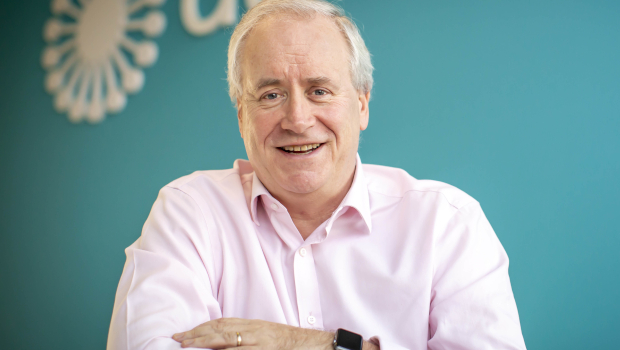
Channel goggles provide a near-sighted view of the market
When it comes to IT you can, as with many other things, look at news in a number of different ways. I’m not saying that the facts change depending on how you look at them or that facts don’t matter, more that they can present different possibilities for you, depending on how you come at them.
For example, looking at the headline figures from a recent survey, I found that the emphasis changed quite a bit when I viewed them through, for want of a better term, “channel goggles”.
The e-mail I received about the survey, conducted by Censuswide for Auxilion, highlighted that Irish business leaders plan to invest an average of almost €750,000 in IT by the end of this year. It also reported that 48% of Irish organisations will increase IT spend over the next 12 months.
For people selling and supporting IT, that’s good news. Irish organisations are going to carry on buying IT products and services for the foreseeable future and a significant proportion are planning to spend more than they did in the previous 12 months.
A little further down, it emerged that two-thirds of organisations had faced challenges sourcing technology because of supply chain issues and they had been forced to make decisions based solely on what technologies were available.
A majority (58%) had bought older IT as a consequence even though 65% agreed it would have an impact on the performance and lifespan of the equipment.
Short-termism
Commenting on the survey, Auxilion CEO Philip Maguire said it showed business leaders were “compromising on their tech due to supply chain issues. Out of necessity and because of availability, organisations are opting for solutions that will only serve them in the short-term. In turn, this is hampering their long-term strategies and goals, while stifling digital transformation”.
But what about if we looked at those findings again with our channel goggles on? Consider the facts: Supply chain issues are causing businesses to buy older technology than they might have anticipated because they can’t get the equipment they’d like to buy.
Now, who would be the people best equipped to help businesses decide what to do in that situation? Let’s see, clearly it would be good to start with a company working within supply chains with a good (quasi-independent) view of how they work and an established working knowledge of where and how problems could be alleviated.
It would also be an advantage if that company had a good insight into the technologies that would be the most suitable alternatives if the chosen option was not available. A company, for example, that had always worked on a longstanding basis with customers to provide them with the IT that matched their needs rather than the release schedules of technology vendors.
Such a company would be very well placed to help businesses navigate their way through the consequences of a supply chain disruption and to choose the best IT for their needs at a time when the latest and greatest was not available.
On that point, it’s also worth noting that the survey found the biggest area of focus for business leaders (41%) was “prioritising sustainable solutions”. How much more sustainable can you get than using existing technology and stretching the life cycle of IT beyond the standard product release schedule? If a channel partner can help customers get what they need for their business in times of disruption, it can help to reinforce that relationship and prove its worth in the most testing of times.
That’s very important when you consider that 80% of organisations in the survey outsource part or all of their IT needs to a partner. Especially when, more ominously, 66% are looking to replace their IT partner or engage with a new one. Even with the channel goggles on, that seems a bit scary.
Still, the best thing partners can do for customers in the present circumstances is to persuade them that, in the words of the classic Rolling Stones song: “You can’t always get what you want, but if you try sometimes, you get what you need.” You don’t need your channel goggles to see that.






Subscribers 0
Fans 0
Followers 0
Followers